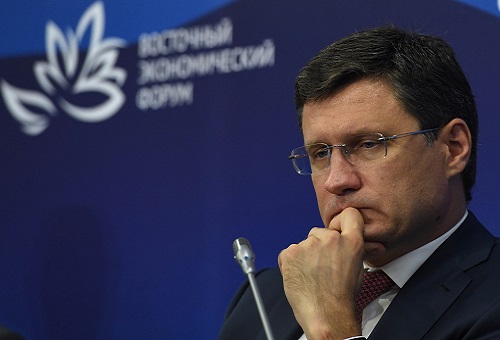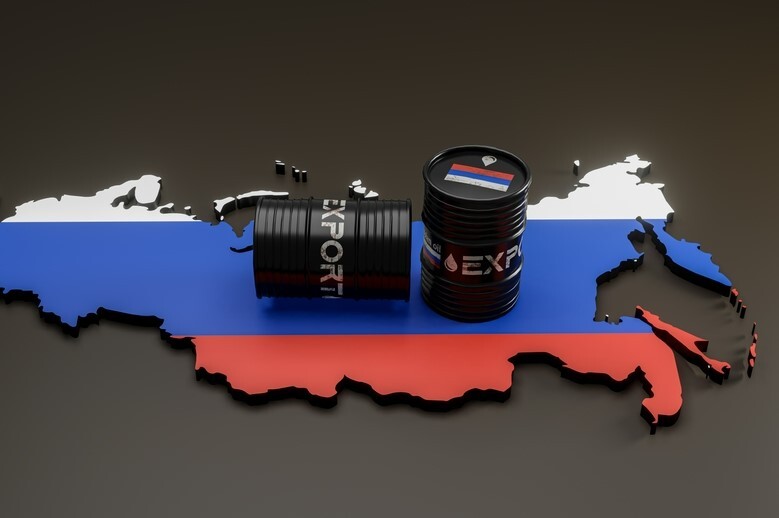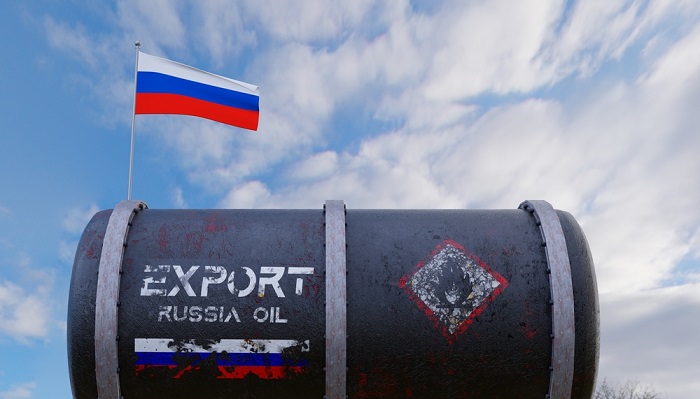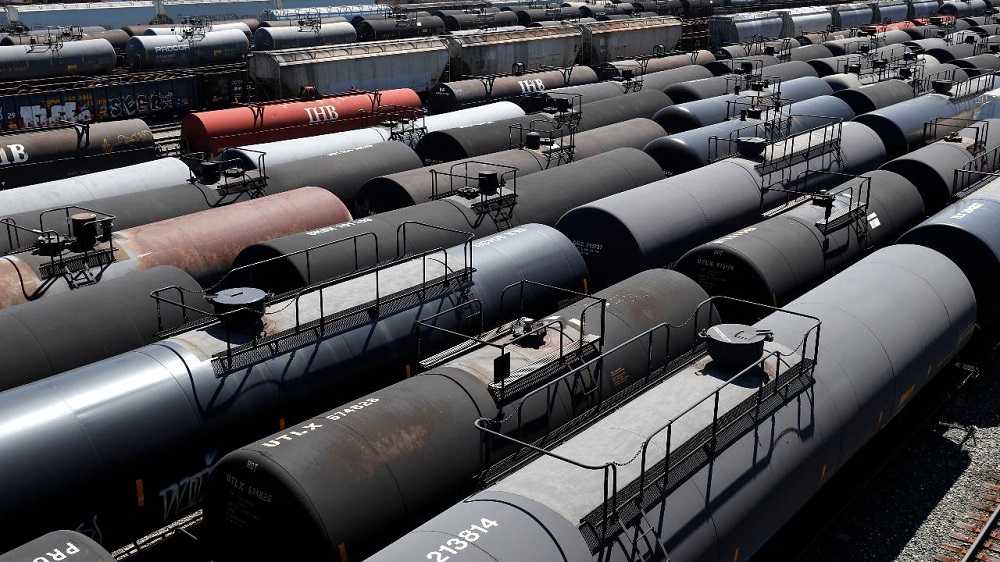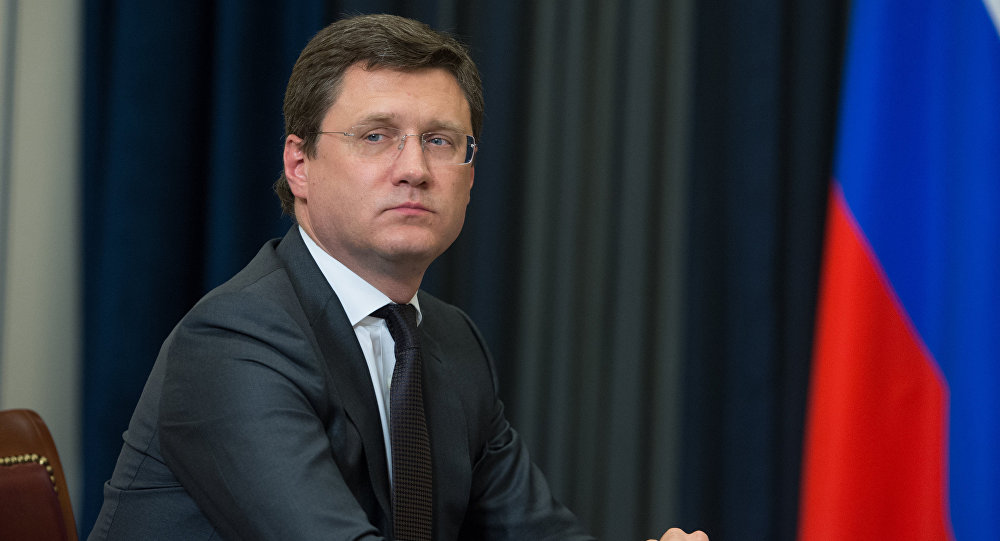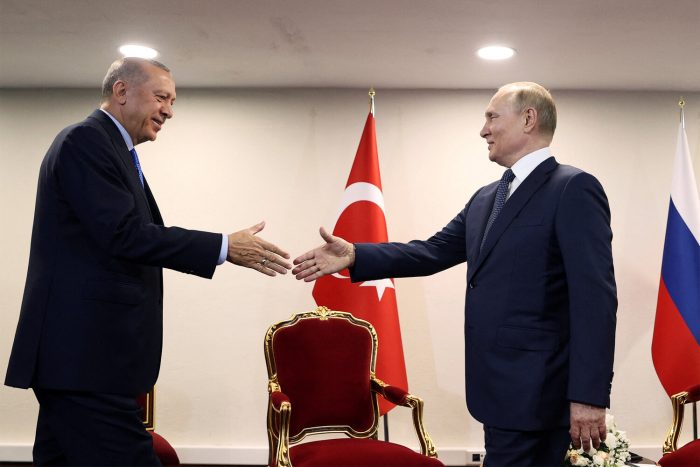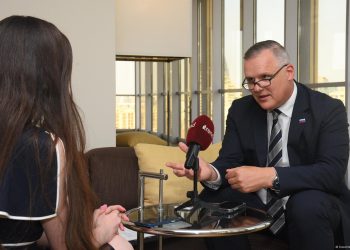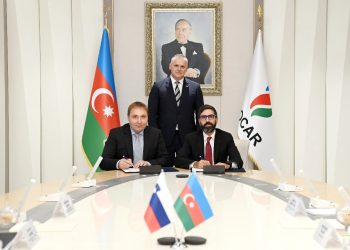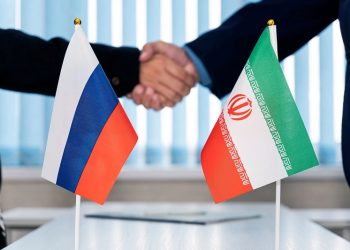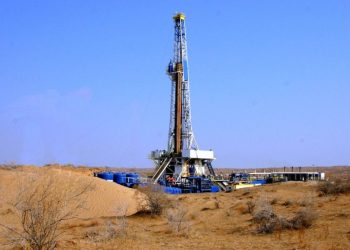Global investment in oil is set to plunge by one-third this year due to the coronavirus and its effect on economies and oil demand, Russia’s Energy Minister Alexander Novak said at an online conference on Thursday.
At the peak of the pandemic in April, global demand crashed by 25-28 percent, or by 28 million barrels per day (bpd), Novak said, noting that the new OPEC+ production cut agreement is helping the market rebalance. That balance, and even a deficit, could be reached this month, the Russian minister said.
Novak’s views on the market rebalancing and investments in the oil industry echo assessments of analysts and international organizations.
The COVID-19 pandemic will result in the biggest annual drop in energy investments on record—nearly US$400 billion, the International Energy Agency (IEA) said in its World Energy Investment 2020 report in May.
The oil and gas sector will see the steepest decline in investment this year compared to last year, the IEA has estimated. Investment in oil and gas is set to plunge by US$244.1 billion, or by nearly one-third, in 2020 compared to 2019.
“The shale industry was already under pressure, and investor confidence and access to capital has now dried up: investment in shale is anticipated to fall by 50% in 2020,” the IEA said in its report.
The slashed investments in the oil industry could lead to a tighter oil market than previously anticipated, according to the IEA.
Rystad Energy expects global spending on upstream oil projects to plunge by 29 percent year on year to US$383 billion in 2020, with investments in shale taking the biggest hit and plummeting by 52.2 percent to US$67.3 billion.
“As the impact will be more severe than in the previous downturn, companies are fiercely defending shareholder value and pivoting towards more conservative spending strategies in the near-term. As the global upstream sector contends with low prices, falling demand, and fluctuating exchange rates, every dollar cut will strike directly to the bone,” Rystad Energy’s upstream analyst Olga Savenkova said last month.



